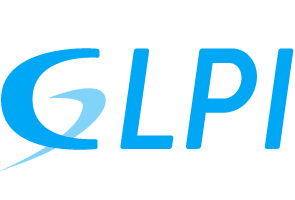GLPI v.10 includes since its latest release the native inventory feature (including GLPI agents also released during the year).
Inspired by previous project: FusionInventory and OCS (and using their XML format), – it aims to be a unified entry point for the inventory (by adding greater compatibility of all GLPI objects).
A complete rewrite directive had been one of the stated objectives (without code recovery) at the beginning of the development of the project.
Recently (after the release of the stable 10.0 version), it appeared that this functionality within GLPI included pieces of code from FusionInventory. As a development team we have been patently negligent about the copyrights of the previous project.
Moreover, there is an incompatibility between the license of GLPI (GPL-2.0-or-later) and FusionInventory (AGPL-3.0-or-later).
We apologize to the FusionInventory community for this situation. Teclib’ and its developers are also contributors to the project and are therefore included in this notion of copyright (mainly to the agent but also in part of the plugin).
Upcoming fixes.
A few changes will be made to address the situation:
The copyright of the Fusion Inventory project will be added to the source files concerned,
GLPI license (and source file headers) will be changed to GPL-3.0-or-later.
On this last point, it is possible because previous license contained “or later”. It allows us to switch from the current version 2 to later versions.
Compatibility between GPL-3.0 and AGPL-3.0 (Affero) is explicitly provided in the text of both licenses.
In addition to this change, we took the opportunity to check current uses in terms of libraries.
We have replaced some to resolve any incompatibilities following the switch to GPL-3.0-or-later.
DHTMLX/gantt was impossible to replace and the entire Gantt functionality was taken out of GLPI to be integrated into a dedicated plugin. There is normally no functional loss, you will simply need to install the plugin (via the Marketplace or manually) to recover previous displays.
These changes will come in effect in the next version of GLPI, which will be in a few weeks.
What is the impact of the new license?
A quick summary of the impact of these changes:
GLPI is, and will remain, completely free and open source, its code is always accessible and adaptable by everyone.
All projects wishing to share or re-use GLPI code must now do so with the GPL-3.0 or compatible license.
The mention “or later” of the news makes it possible to foresee the case where a version 4 of the GPL would become available.
If you are a GLPI user, the impact is probably zero.
We promise to be more vigilant in the future towards the compatibility of our code and the libraries that we use.
